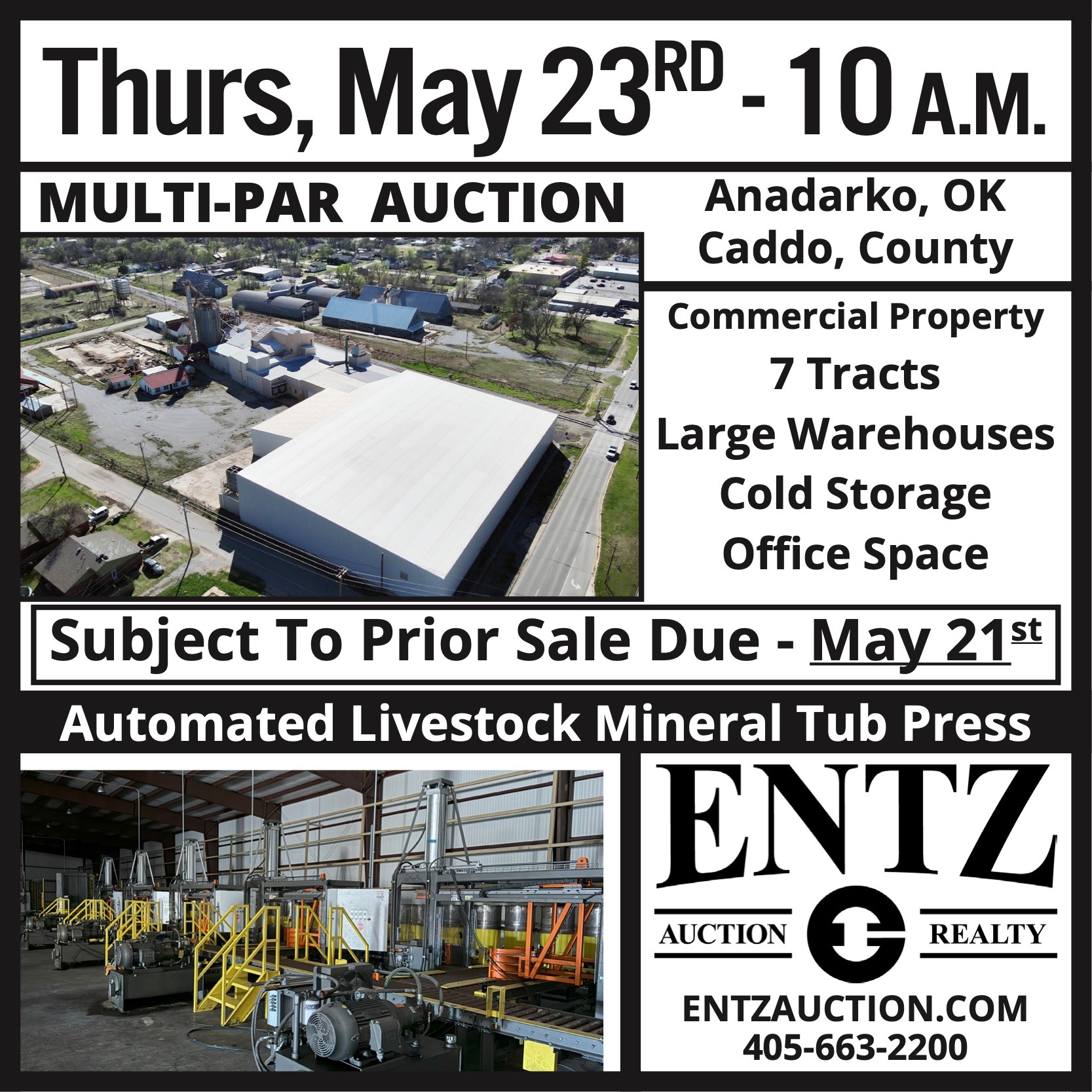For Galen Smith, a financial decision as simple as replacing a pickup truck is made with sustainability in mind.
“We try to find something with a little bit better fuel mileage that matches our needs so that, again, we can have a win for us and a win for the environment,” Smith said. “There’s always small-scale stuff that we try to improve on.” There’s bigger stuff, too.
Roughly a 20-minute drive from the U.S. border with Canada, Coldstream Farms is just outside of Deming, WA. The family-owned dairy covers approximately 1,500 acres with 1,800 milking cows and about 4,000 total animals, including dry cows and youngstock. The farm was started by Jeff and Vickie Rainey in 1978, but over time their daughter, Laura, and their son-in-law, Galen Smith, have become majority owners, with other family members as partners.
The Northwest Dairy Association member-owner is always looking for ways to maximize efficiencies, especially to enhance environmental stewardship and conservation practices. “It fits the industry,” Galen Smith said. “We’ve long been the ultimate recyclers and stewards of the land. I think we’ve always been doing things to protect the environment, but farming practices have improved, so I think we all have to look at ourselves and say, ‘Can we do better?’”
That approach has spurred numerous investments on the farm both large and small. Situated in the pacific northwest, Coldstream Farms can see at least 60-70 inches of rain each year. With such a wet climate, the farm decided to invest in drystack storage—essentially a concrete bunker with a roof where manure solids can be stored until they can be used. “With the drystack storage now, we don’t have to go out and put the manure in the fields at an adverse time, and we can really use our nutrients as a valuable resource to progressive and regenerative farming,” Smith said.
Other manure equipment investments have made the farm much more efficient. Investing in dragline or splashline systems, Coldstream Farms worked with neighbors to get agreements to put miles of pipelines underneath the more than 1,500 acres they farm to apply to fields more efficiently and not have trucks going up and down the road. “The reduced exhaust, emissions, time, and liability – they’re wins for us, and they’re also wins for the environment, so we continue to find ways to be more efficient in that realm.”

At Coldstream Farms, technology and practices that enhance sustainability are also compatible with economic success. Part of that comes from balancing the new large projects under consideration, like building a methane digester, with smaller investments that can be enacted more quickly.
“We have to be realistic about finances,” Smith said. “I like to look at the farm’s operations as a three-legged stool. We have our environment, we have our animals and our people, and we have the cost structure. At the end of the day, if we’re not financially successful, we don’t have a business. And so we have to look at each one of those legs and decide: What is best? What can we afford to do? When can we afford to do it?”
As with most things, the largest impact comes from teamwork. Coldstream Farms has participated in the Washington State Conservation Commission’s Conservation Reserve Enhancement Program (CREP), which takes some of the acres that are no longer useful as farmland and returns them to environmental habitat.

The farm also works closely with the Whatcom Land Trust, a local conservation organization, to find mutually beneficial solutions for land use, such as planting new trees and shrubs for conservation areas that border farmland in a way that doesn’t create sharp corners that farm equipment can’t maneuver. Coldstream Farms also farms several hundred acres of Whatcom Land Trust property for them.
“We aren’t the land owners, but they’re asking for our opinions and saying ‘we want farming to be practical as part of land preservation, how should we go about this in a way that works for you and still meets our goals?’ and then we do the same thing in return when we roll some of our property into CREP, and things like that,” Smith said.

Smith also serves on the boards for CHS Northwest, and a local organization called Whatcom Family Farmers, an organization dedicated to protecting farmland and the environment in Whatcom County.
“We are our best when we approach everything with the positive and passionate desire to ask how we can be better stewards—not only for the land, but also for our cattle, for our employees and for the community,” Smith said. “I think when we look for those opportunities, we find common ground amongst each other and within our business to be successful.”

















